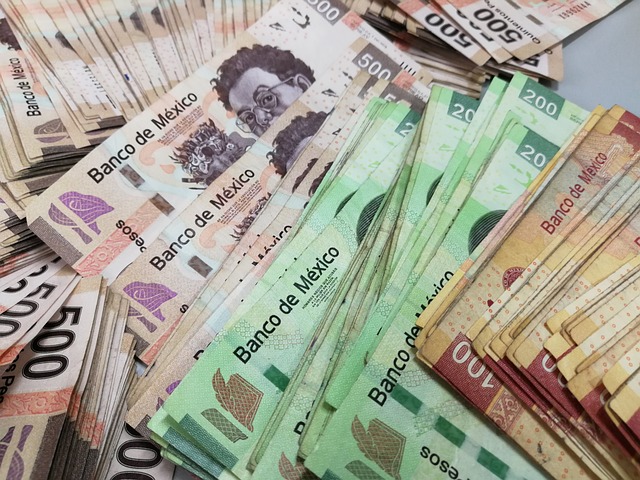
Building an Emergency Fund
Financial security is a paramount aspect of our lives, allowing us to navigate unexpected challenges with peace of mind. One crucial step towards achieving this security is building an emergency fund. An emergency fund acts as a safety net, protecting us from unforeseen events and providing a buffer against financial setbacks. In this blog post, we will explore the importance of an emergency fund, how to establish one, and the significant impact it can have on our lives.
- The Importance of an Emergency Fund
Life is unpredictable, and financial emergencies can strike at any moment. Whether it’s a sudden medical expense, a major car repair, or an unexpected job loss, having an emergency fund ensures that you’re prepared for the unexpected. Without such a cushion, you might be forced to rely on credit cards or take out loans, potentially sinking into a cycle of debt. An emergency fund provides a sense of security, reducing stress during challenging times and allowing you to focus on finding solutions.
- Setting Your Emergency Fund Goal
Creating an emergency fund requires setting a realistic goal based on your individual circumstances. A common guideline is to aim for three to six months’ worth of living expenses. This sum should cover essentials like rent or mortgage payments, utilities, groceries, insurance, and transportation. However, consider factors such as job stability, dependents, and any ongoing medical conditions that might necessitate a larger emergency fund.
- Prioritize Building Your Fund
Building an emergency fund is a gradual process that requires discipline and commitment. Start by allocating a portion of your income each month towards your fund. Treat this as a non-negotiable expense, similar to paying your rent or utility bills. To make the process easier, set up automatic transfers to a separate savings account designated solely for emergencies. This way, you won’t be tempted to spend money on non-essential items.
- Increase Your Income and Reduce Expenses
If your current budget doesn’t allow for significant savings, consider ways to increase your income or reduce expenses. Look for freelance opportunities, or part-time work, or explore your hobbies to find potential sources of additional income. On the expenditure side, identify areas where you can cut back without significantly impacting your quality of life. Small sacrifices today can lead to significant benefits in the long run.
- Stay Consistent and Patient
Building an emergency fund might not happen overnight, and that’s okay. The key is to stay consistent and patient. Celebrate each milestone achieved, whether it’s a $500 or $5,000 fund. Keep your focus on the end goal and remind yourself of the peace of mind it will bring once fully funded.
- Where to Keep Your Emergency Fund
While building your emergency fund, it’s crucial to keep the money accessible but separate from your everyday accounts. Consider a high-yield savings account or a money market account, which will offer better interest rates than a standard savings account while still allowing you quick access when needed.

- Resist the Temptation to Dip into the Fund
As your emergency fund grows, you might be tempted to use it for non-emergencies, such as a vacation or a new gadget. However, remind yourself of the fund’s intended purpose and its potential to protect you during challenging times. Avoid withdrawing from the fund unless a genuine emergency arises.
- Reassess and Adjust as Needed
Life circumstances change, and so should your emergency fund strategy. Periodically reassess your fund’s adequacy based on changes in expenses, income, and overall financial situation. A new job, an increase in expenses, or additional dependents may warrant adjusting your emergency fund goal. If you would like additional free advice, tips, and timely, current information about identity theft, check out their page to know more.
Conclusion
Building an emergency fund is an essential step toward achieving financial security and peace of mind. It acts as a safety net, providing protection during times of uncertainty and enabling you to tackle life’s unexpected challenges head-on. Be patient, stay consistent, and prioritize this fund as a vital part of your financial journey. In the long run, having an emergency fund will not only safeguard your finances but also empower you to face the future with confidence. Start today, and take control of your financial well-being!
